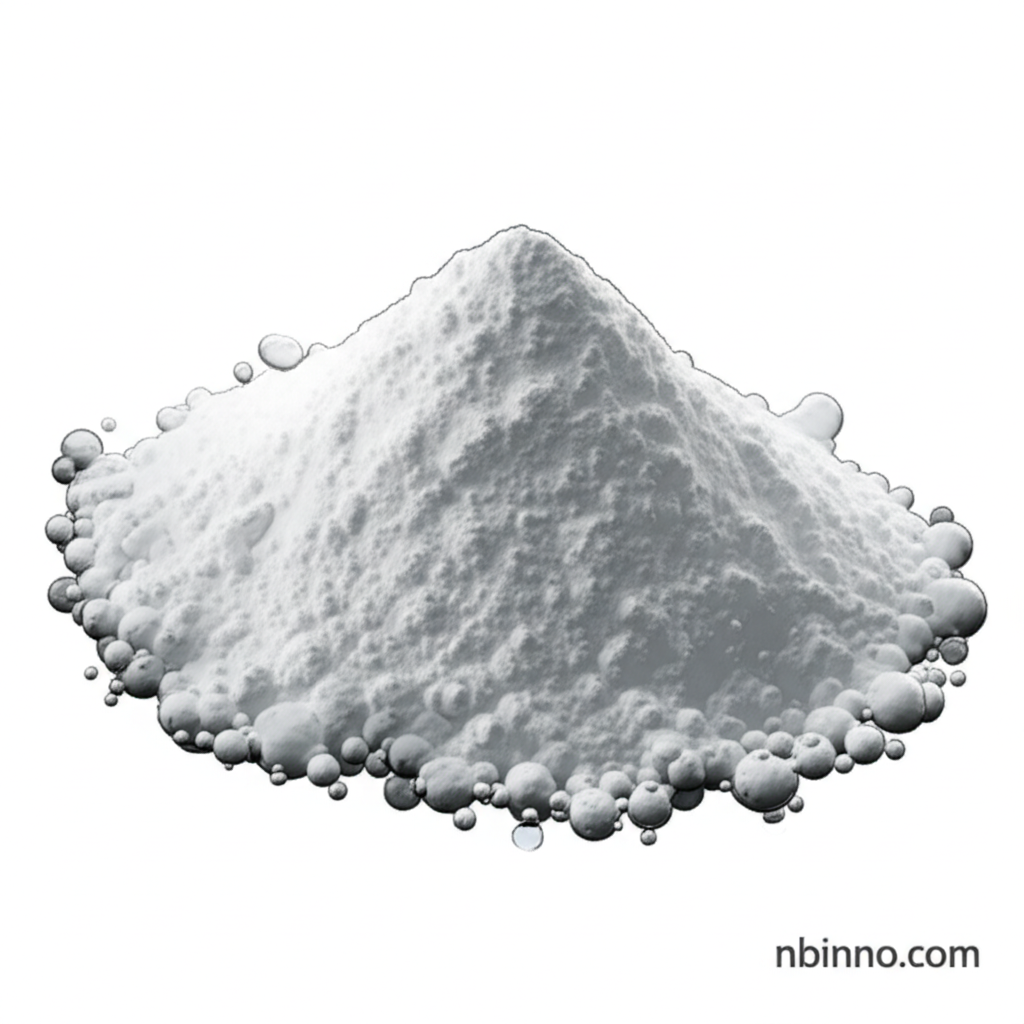Rapamycin: Unlocking Its Potential in Anti-Cancer Therapy and Anti-Aging
Discover the remarkable journey and multifaceted benefits of Rapamycin, from immunosuppression to anti-aging.
Get a Quote & SampleProduct Core Value

Rapamycin Powder
Rapamycin, also known as Sirolimus, is a powerful macrolide antibiotic and immunosuppressant. Its primary mechanism involves inhibiting the mTOR pathway, a critical regulator of cell growth, proliferation, and metabolism. This makes it invaluable in preventing organ rejection in transplant patients and shows significant promise in anti-cancer therapy.
- As an immunosuppressant, Rapamycin is crucial for preventing organ rejection in transplant patients, effectively suppressing the immune system's response to transplanted organs.
- The potential of Rapamycin in cancer treatment is a key area of ongoing research, with studies exploring its ability to inhibit tumor growth and induce autophagy in cancer cells.
- Understanding the Rapamycin mechanism of action is vital for its therapeutic applications, particularly its role in modulating the mTOR pathway.
- Rapamycin research applications extend to studying cell growth, proliferation, and aging due to its precise modulation of the mTOR pathway.
Key Advantages
Immunosuppressive Efficacy
Rapamycin excels as an immunosuppressant, vital for transplant patients. By inhibiting T-cell activation, it significantly reduces the risk of organ rejection, a cornerstone of successful transplantation.
Anti-Cancer Potential
The exploration of Rapamycin in cancer therapy is highly promising, targeting tumor growth and cellular processes, offering a new frontier in oncology treatments.
Anti-Aging Properties
Groundbreaking studies highlight Rapamycin's anti-aging potential, demonstrating lifespan extension in animal models, suggesting a profound impact on cellular rejuvenation and healthspan.
Key Applications
Organ Transplantation
Rapamycin is indispensable in organ transplantation, preventing the recipient's immune system from attacking the new organ, ensuring long-term graft survival.
Cancer Therapy Research
Its role in cancer therapy research is expanding, focusing on inhibiting tumor growth and potentially sensitizing cancer cells to other treatments.
Aging Research
As a key player in anti-aging research, Rapamycin's ability to influence cellular aging processes is being investigated for its potential to extend healthy lifespans.
Biomedical Research
Rapamycin serves as a crucial research tool for scientists studying cell growth, metabolism, and the complex signaling pathways like mTOR.
